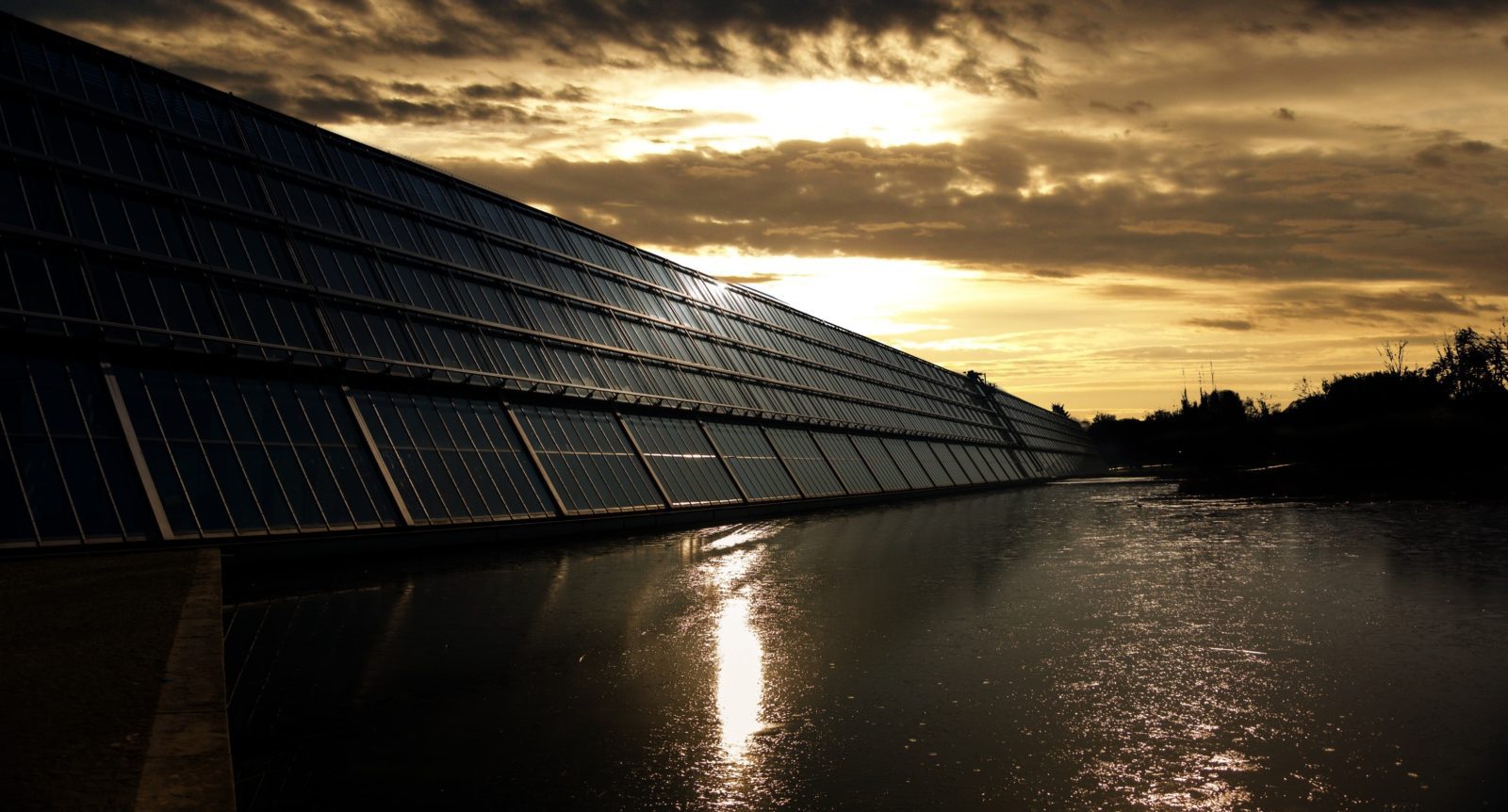The Czech Republic’s transmission system operator, ČEPS, disconnected hundreds of solar power plants from the grid for two hours on Easter Monday. The plants generating a significant amount of electricity were disconnected because the power demand was low due to the holiday.
The resulting fluctuations in the power grid prompted ČEPS to activate its contingency plan, which resulted in the plants being shut down. The move was the first of its kind since the solar power plants were integrated into the grid.
Owners of the disconnected power plants are expected to receive compensation, which could amount to millions of crowns. ČEPS spokesman Lukáš Hrabal said the company had to resort to its contingency plan after exhausting all available operational measures to manage the power grid. Except for Denmark, Portugal, and Slovenia, all European countries had surplus energy due to the holiday, so there was no possibility of assistance from neighboring countries.
Hrabal added that while further restrictions in the future cannot be ruled out, they will likely be used only in unique situations where several unfavorable factors coincide. For instance, the summer season is generally easier to predict regarding energy consumption and sunlight, while Easter is less predictable. According to Hrabal, the imbalance between power production and consumption can be managed with standard tools and reserves from abroad.
Jan Krčmář, executive director of the Solar Association, said that a combination of factors caused the Easter Monday incident. He noted that it was the most beautiful day of the year, but power demand was low. According to Krčmář, ČEPS responded to extreme electricity surpluses on the market at the time. He added that the development of energy storage is necessary as new renewable energy sources are introduced.
Still, situations in which power consumption is lower than production will likely continue to occur.





